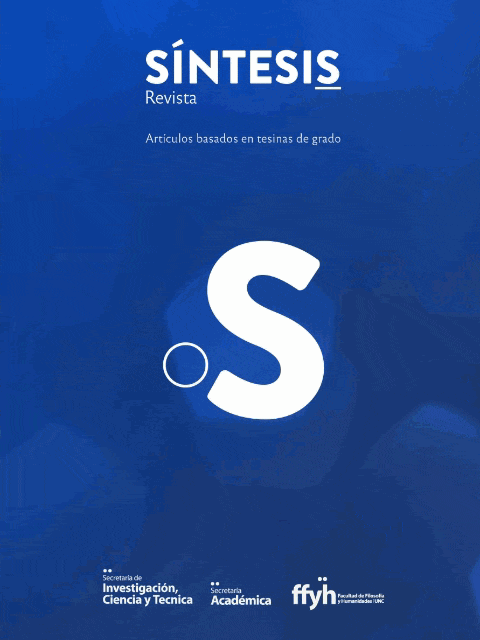Colloquialisms in Sophocles' Oedipus the King: presence and function
Keywords:
colloquial language, Oedipus Rex, Sophocles, classical linguistics, Greek tragedyAbstract
Colloquial language, a informal register without linguistic connotations, sensitive to the context of use, dependent on the linguistic context but also on extra-linguistic factors that are activated in the situational context (Cilia, 2009, p. 60), has been the object of interest and study since Antiquity, and has aroused the curiosity of modern scholars. On the basis of a review of the current status of the subject, we have tracked colloquialisms in Sophocles’ Oedipus Rex, drawing on the research of authors such as Stevens (1937 and 1945), Wàs (1983), López Eire (2006), Cilia (2006, 2009) and Collard (2018), the Thesaurus Linguae Latinae website and stylistic-philological commentaries.
Subsequently, we have classified and categorised these colloquialisms in double-entry tables, in which it is stated what type of colloquialism each one is, in which part of the drama it occurs, which character says it and in which situational context, information which, in addition, will be displayed as a percentage. Then, we have carried out an analysis of those scenes of the plays in which there is a greater number of colloquialisms, with the aim of establishing which could be the function they fulfil, and we have concluded that colloquialisms could function as emphasisers of certain dramatic moments, which we describe as particularly pathetic.
Downloads
References
Cilia, D. (2006). “Ricerche sui colloquialismi delle ‘tragicae personae’ nel dramma satiresco”, en Hakkert, A. (ed.) Cipolla (a cura di). Studi sul teatro greco, pp. 7-68. Países Bajos.
Cilia, D. (2009). Ricerche sui colloquialismi in Euripide. Universidad de Estudios de Catania. Italia.
Collard, C. (2018). Colloquial Expressions in Greek Tragedy. Revised and enlarged edition of P. T. Stevens’s Colloquial Expressions in Euripides. Editorial Franz Steiner Verlag. Alemania.
Konstan, D. (2006). The emotions of the ancient greeks. Studies in Aristotle and Classical Literature. University of Toronto Press. Canadá.
López Eire, A. (2006). “Énfasis dialógico y nivel coloquial en la léxis de la tragedia griega”. En Studia Philologica Valentia. Vol. 9, N° 6, p. 43-85.
Rossi, L. E. (2020). κηληθμῷ δ᾽ ἔσχοντο. Scritti editi e inediti. Volume 2: Letteratura. De Gruyter. Alemania.
Standford, W. B. (1983). Greek Tragedy and the emotions: an introductory study. Routledge & Kegan Paul. Reino Unido.
Stevens, P. T. (1945). “Colloquial Expressions in Aeschylus and Sophocles”. En The Classical Quarterly, vol. 39, N° 3/4, pp. 95-105.
Stevens, P. T. (1937). “Colloquial Expressions in Euripides”. En The Classical Quarterly, vol. 31, N° 3/4, pp. 182-191.
Was, J. (1983). Aspects of realism in Greek Tragedy. Balliol College. Reino Unido.
Downloads
Published
License
Copyright (c) 2024 Síntesis

This work is licensed under a Creative Commons Attribution-NonCommercial-NoDerivatives 4.0 International License.




